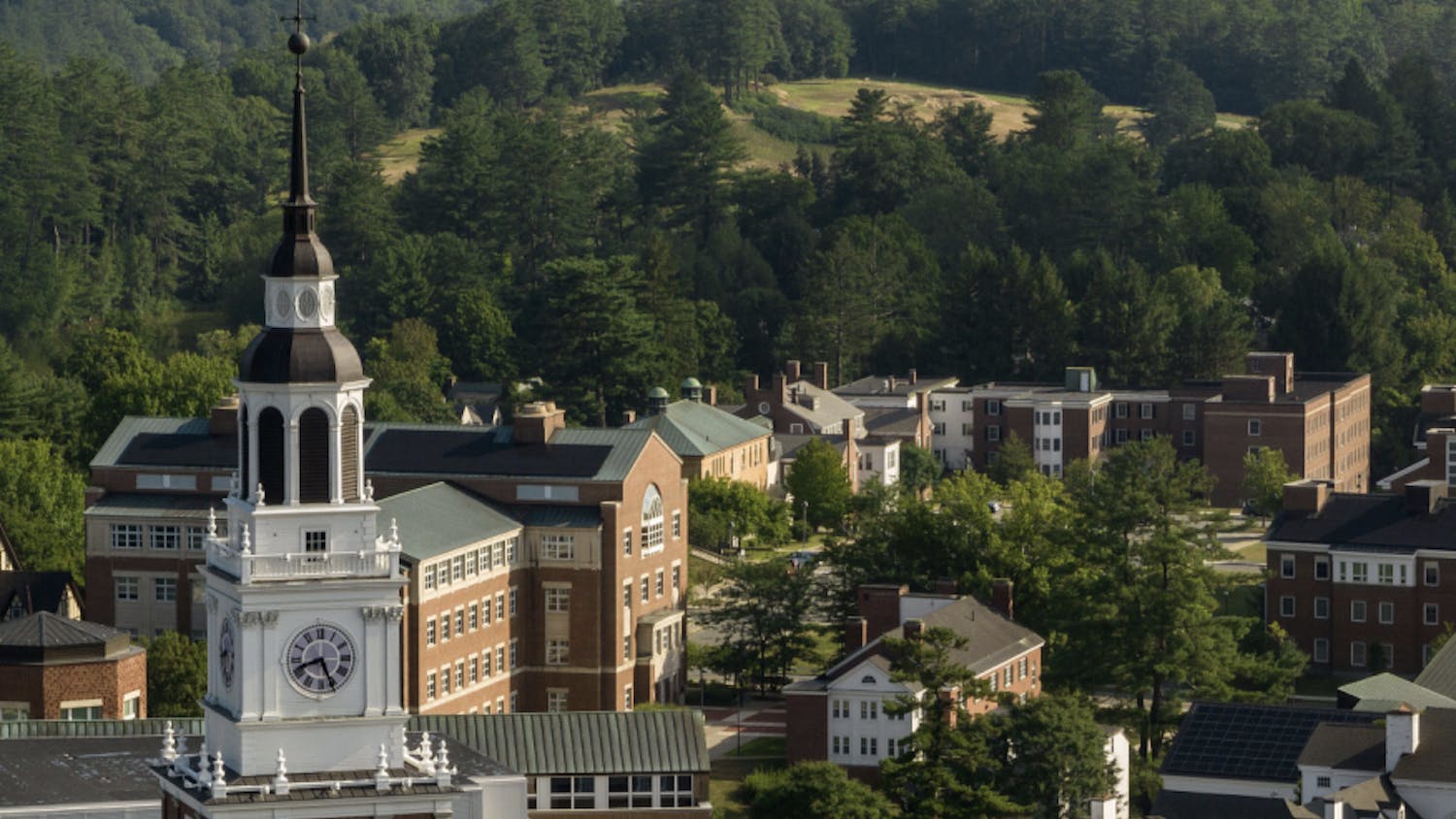Walt Disney Studios’ new live-action remake of “Beauty and the Beast” is undoubtedly one of the year’s most anticipated films. Yet as I walked out of the Nugget Theater on Friday, I felt frustrated, not overjoyed.
My friend and I debated the merits of the film over dinner, and she insisted that I was comparing it too much to Disney’s 1991 original. Since the animated version is one of my favorite films of all time, I’m sure she wasn’t wrong. The problem, though, is that this remake does not just retain the same basic premise of the original but deviates so little from it that even minor differences become glaringly obvious.
One of the differences, frequently discussed in the media, is Disney’s desire to make a more progressive and feminist film. The original “Beauty and the Beast” is part of the Disney princess tradition, which is deeply problematic when viewed from a feminist perspective.
Linda Woolverton, the screenwriter of the original, aimed to create Belle as an empowered female protagonist in contrast to those narratives. By and large Woolverton’s efforts were successful. However, the interpretation of Belle as a feminist character was undermined and challenged by the popular accusation that “Beauty and the Beast” is a story about Stockholm syndrome.
Many critics, myself included, have argued that this is an unwarranted interpretation. I would advise the interested reader to watch Lindsay Ellis’ excellent video, “Is Beauty and the Beast About Stockholm Syndrome?” for more explanation. Ellis rightfully points out that even if the original “Beauty and the Beast” isn’t about Stockholm syndrome, that doesn’t mean the film totally avoids some of the problems associated with the Disney princess brand, despite Woolverton’s best efforts.
Depending on how one frames the story, Belle’s character arc can be construed as the tale of a woman who wants adventure but ends up with marriage, a similar arc to those of her princess predecessors.
Thus, even though the original “Beauty and the Beast” is arguably the most progressive Disney princess film, it is certainly possible to update the story for a modern perspective.
I want to make absolutely clear that I am in favor of such an update, and I think there are certainly moments in this remake where the efforts succeed. The decision to make LeFou gay is subtle but also well-integrated. That being said, many of the more “progressive” moments ring hollow for me — too often superficial decorations rather than substantive changes.
For example, there are plenty of small details designed to make Belle a more empowered woman, yet the story still ends with the two primary male characters fighting over her with Belle relegated to the sidelines.
I think this internal contradiction speaks to the heart of the film’s overall problem: it, quite admirably, wants to be a progressive update, while remaining unerringly faithful to the original film. I totally understand and appreciate both impulses, as I share that mindset.
However, for this film to function successfully, I think writers needed to pick a side: either be completely faithful to the original and accept the burden of the troublesome heritage of the Disney princesses or make major changes to the story to escape that brand fully.
Nonetheless, I don’t want this to be an entirely negative review, nor do I want to be completely bogged down by social and political issues — despite their immense importance. This remake does have many positive features. Bill Condon directs the piece beautifully, and the casting is impeccable.
Emma Watson and Dan Stevens are both natural fits for Belle and the Beast, respectively, and the duo manages to bring something fresh to the classic roles. Luke Evans, who is hilarious as Gaston, has a priceless chemistry with Josh Gad’s LeFou. I had doubts about Emma Thompson, Ewan McGregor and Ian McKellen as Mrs. Potts, Lumiere and Cogsworth, respectively, but all three play their parts well.
Aside from the directing and acting, most of what I liked about this remake had to do with the strengths of the original film. While acknowledging the aforementioned imperfections in characterization, I think that the 1991 “Beauty and the Beast” is probably as close to a perfect film as members of the human species are likely to create. Thus, when the 2017 remake does take the time to make a small change, like providing a more detailed backstory for the Beast, I found it aggravating. Moreover, I think that adapting animation to live-action is extraordinarily challenging, because capturing the same iconic, dynamic visual scenes sometimes seems impossible.
I was underwhelmed by the film, but I don’t think it’s terrible. Perhaps if this film had made more substantive progressive changes, I would find it worthwhile as an entity separate from its predecessor. But, it doesn’t do that. The result is a film that pales in comparison to a masterpiece and fails to fully live up to its potential as a progressive statement piece.
Maybe that’s my real problem: I love the original film, so the only way to please me would have been to either create a completely different film or just show me the original as an April Fool’s prank. Of course, I can only speak for myself.
Rating: 5/10



